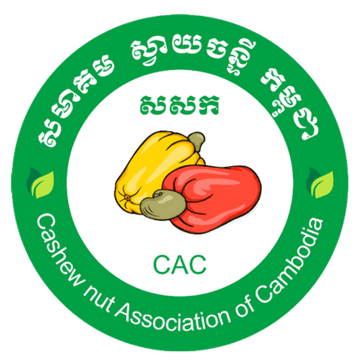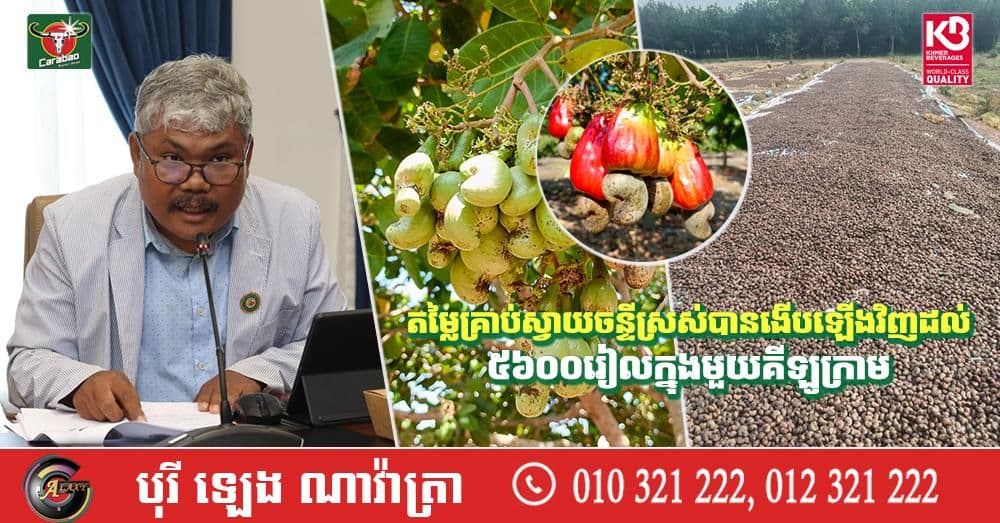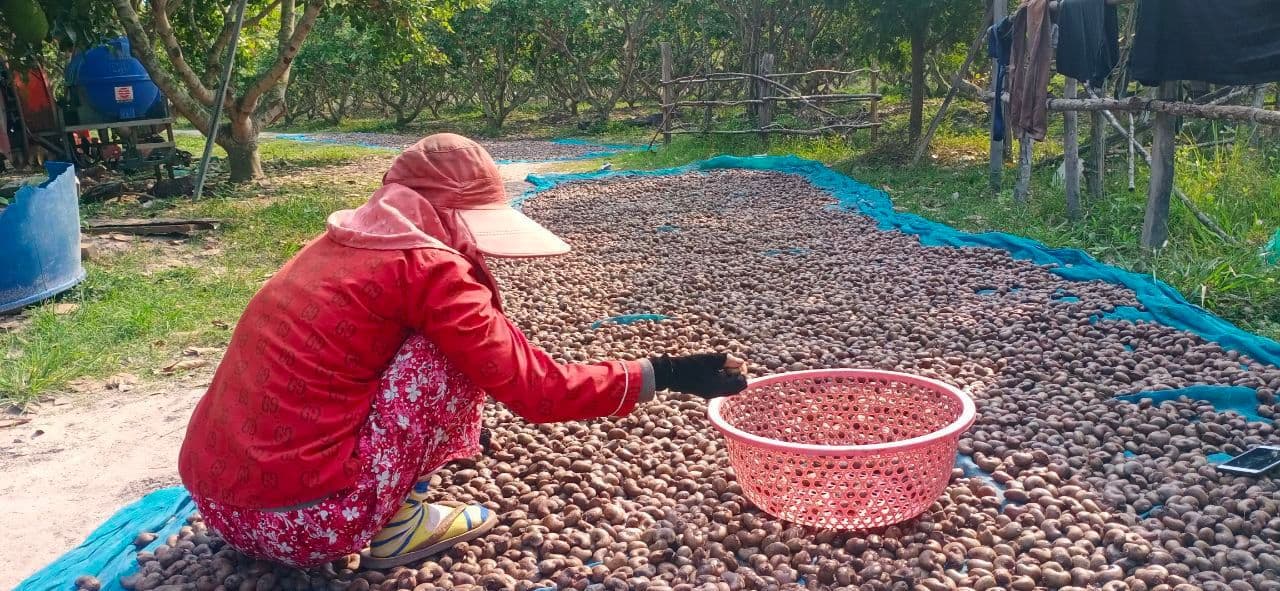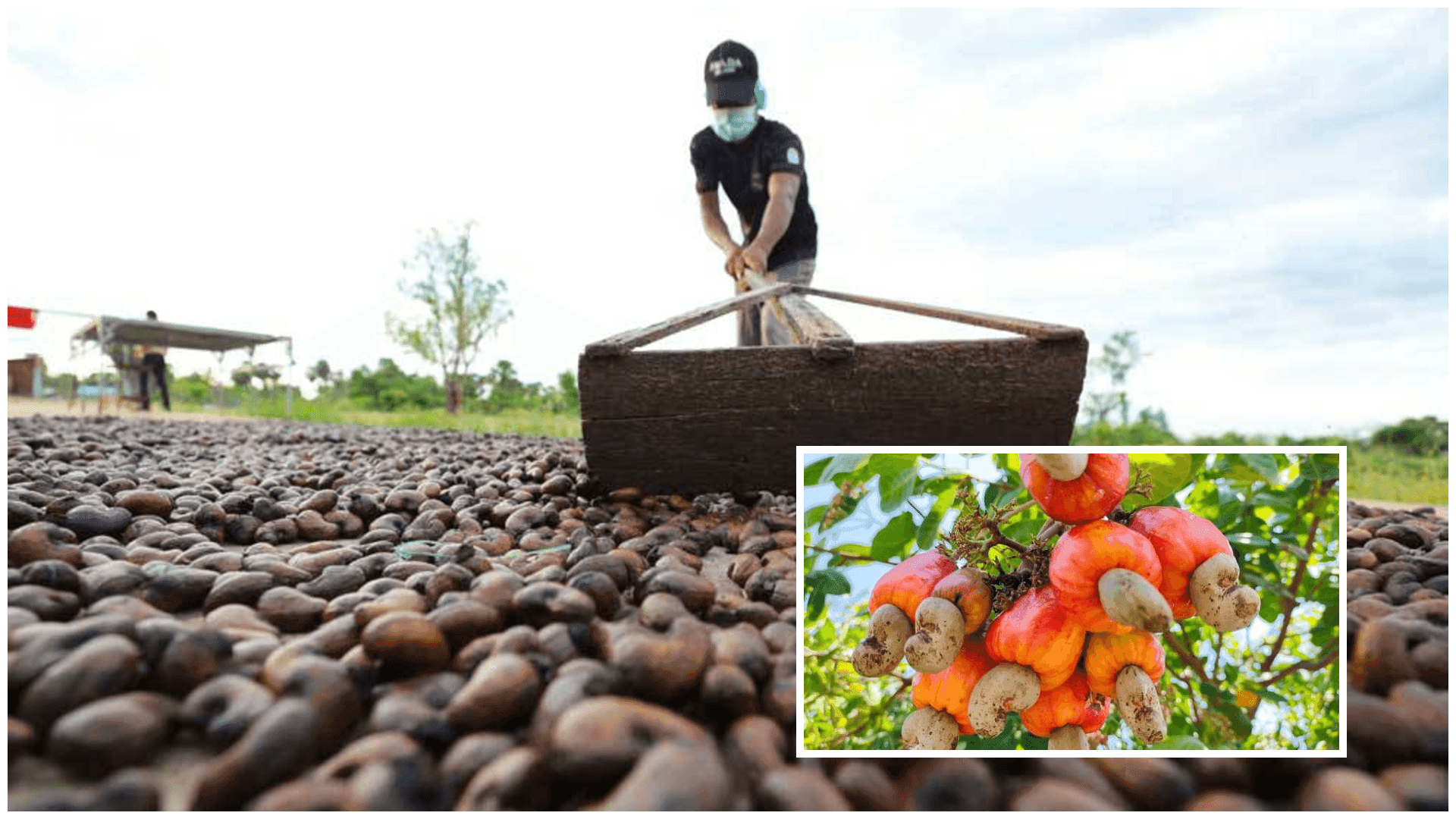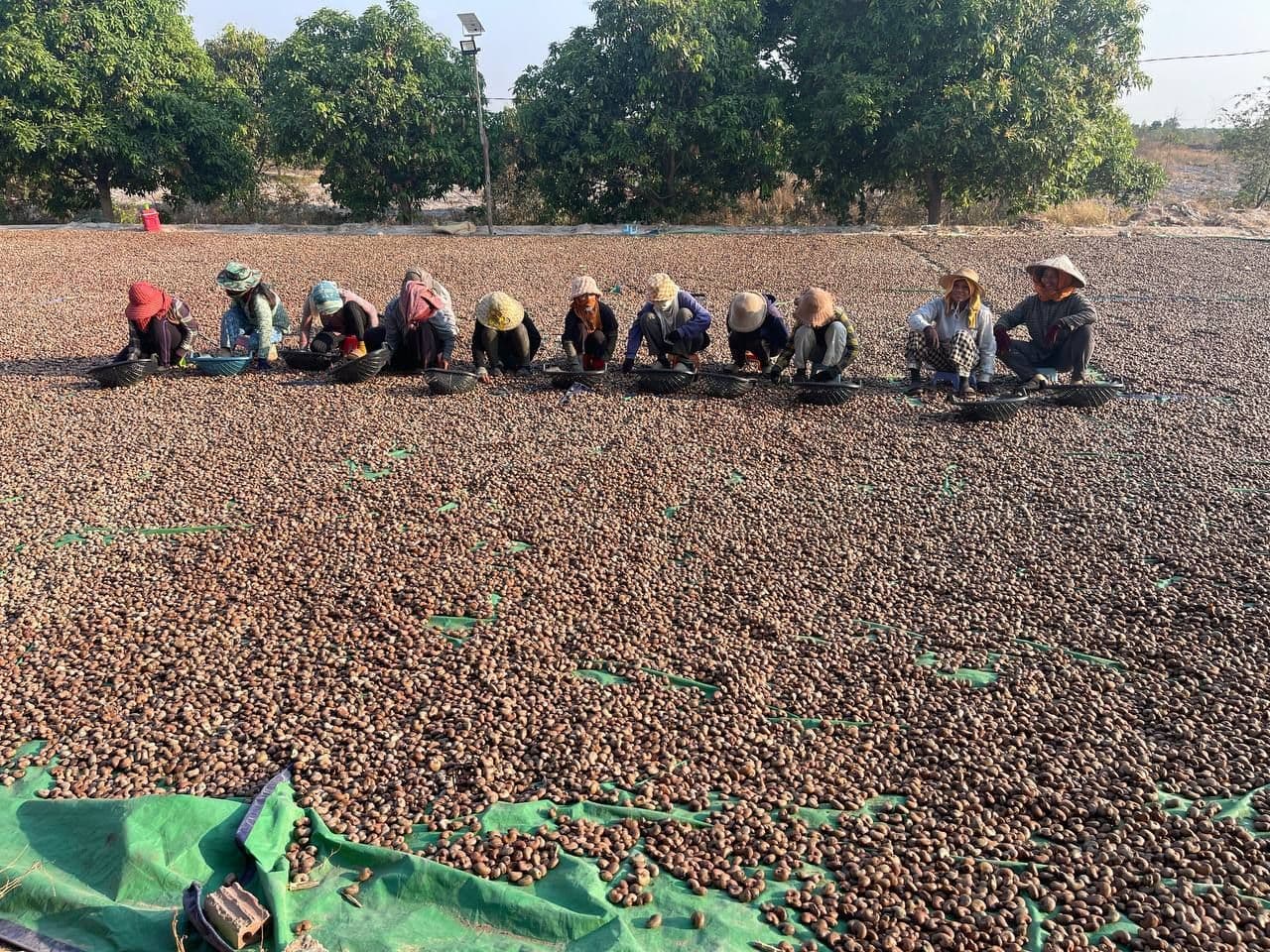CAC News
HCM, November 4, 2025 — Vietnam has quietly built what many in Africa and India can no longer ignore: a homegrown cashew automation system that has transformed the rules of the global cashew industry. Through decades of steady innovation, engineering precision, and process optimization, Vietnam has achieved dominance not by growing the most cashews, but by processing them the smartest.
Today, Vietnam is the world’s leading cashew processor — handling more raw cashews than any other nation — largely due to its early investment in automation and machine innovation. While other major producers continue to depend heavily on manual labor, Vietnamese factories in Bình Phước, Long An, and Đồng Nai operate like industrial laboratories, where each step of production—sorting, peeling, cutting, grading, and packing—is engineered for maximum efficiency.
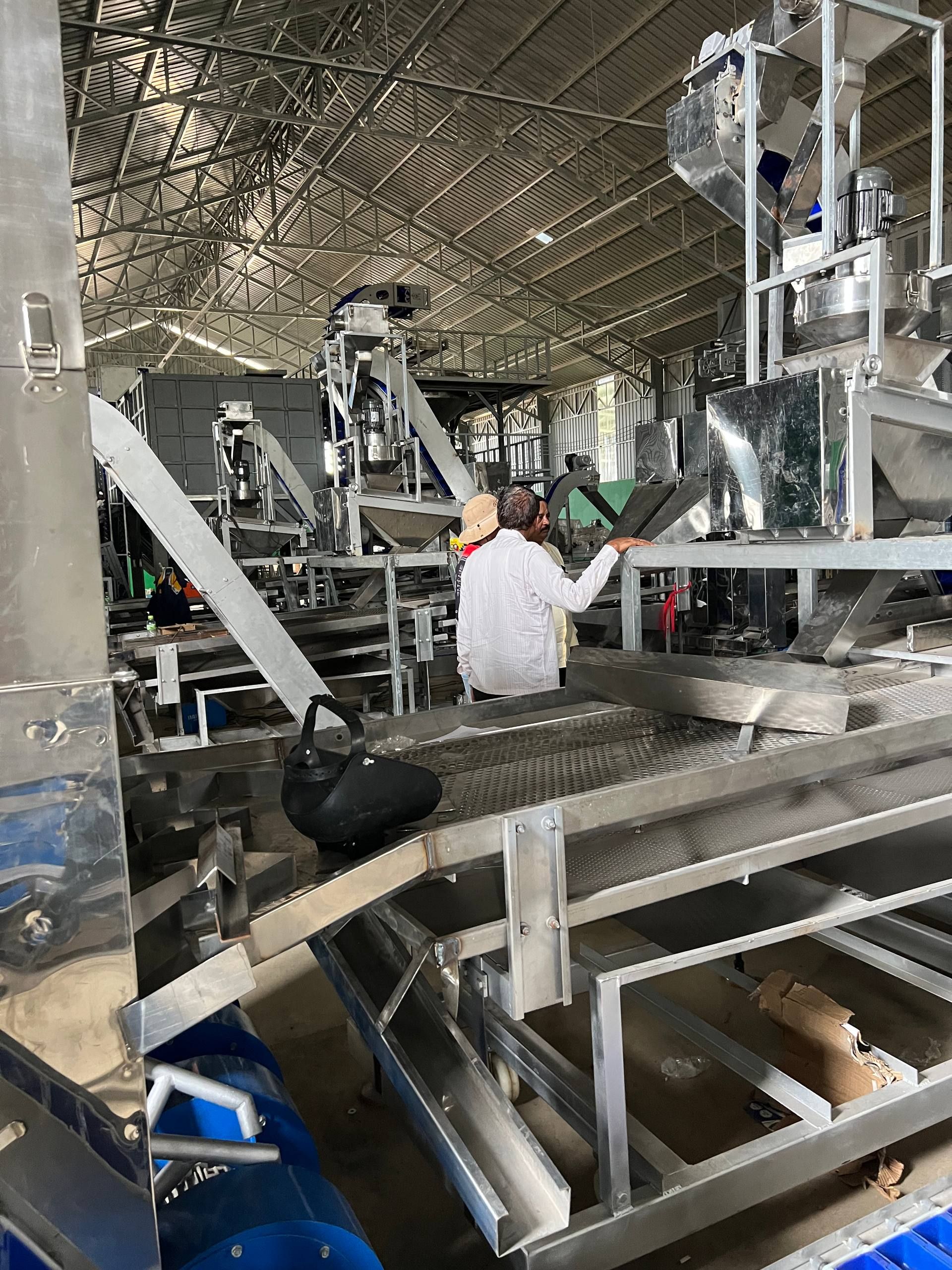
Innovation Over Resources
Vietnamese engineers have spent years refining their machines, drawing lessons directly from factory floors to reduce breakage, boost recovery rates, and improve kernel quality. This relentless cycle of practical innovation turned cashew processing from a low-margin commodity business into a high-value industrial sector.
“Vietnam’s lead is not resource-driven; it’s innovation-driven,” said an industry analyst at the Vietnam Cashew Association (VINACAS). “Technology gave Vietnam the power to turn raw cashews into premium kernels that dominate the markets in Europe, the U.S., and China.”
Africa, which produces over 55 percent of the world’s raw cashews, exports most of its output unprocessed. As a result, the value creation — and with it, jobs and industrial growth — flows out of the continent and into Asian processing hubs.
The billion-dollar question, analysts say, is whether African producers will continue to send raw materials abroad or begin unlocking local processing capacity through automation. Vietnam, they argue, has already written the blueprint for success.
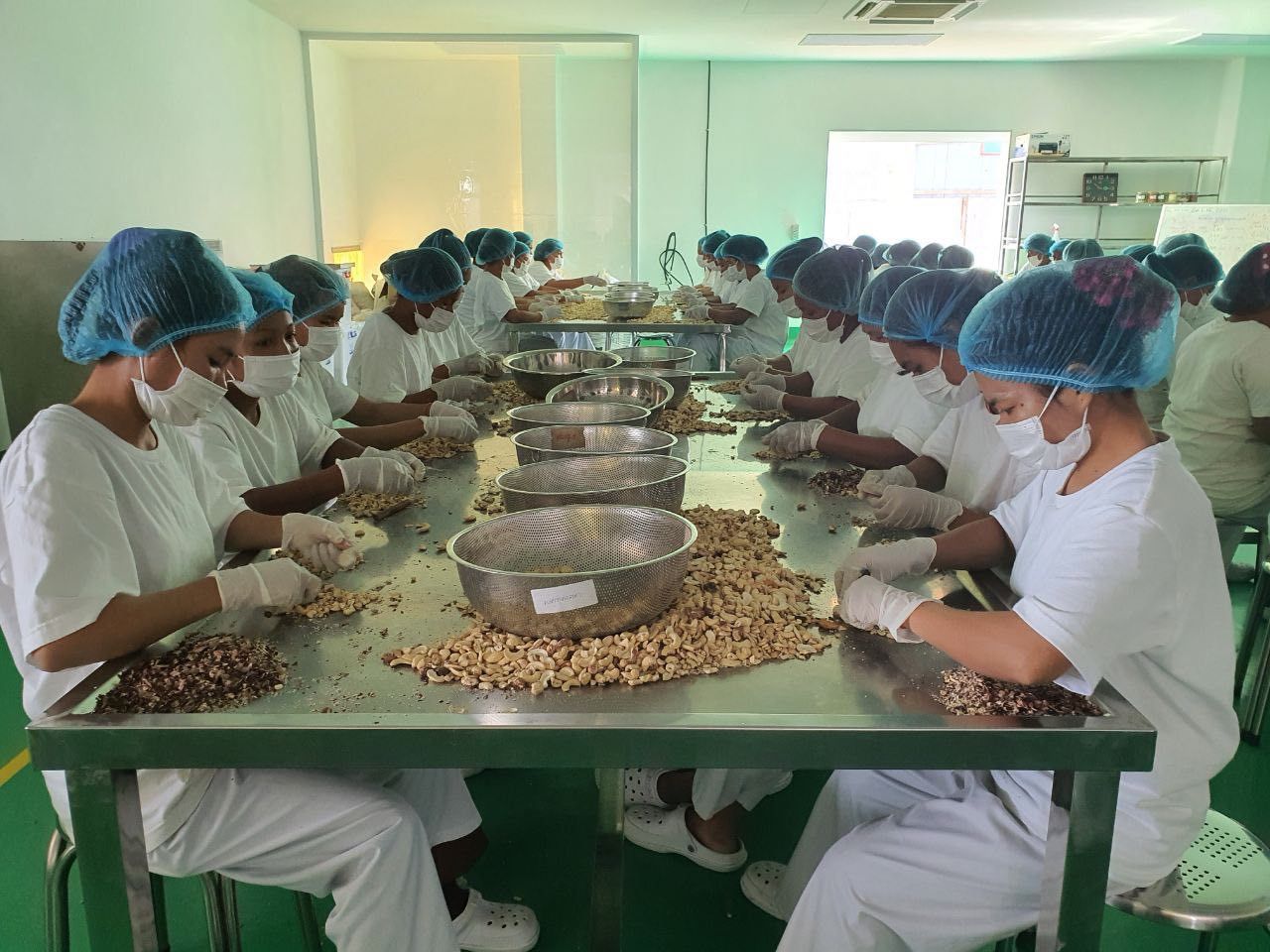
A Blueprint for Industrial Transformation
Vietnam’s model offers clear advantages:
- Less waste and higher kernel yield — generating more income per ton.
- Enhanced food safety — ensuring better access to international markets.
- Stronger negotiating power — allowing exporters to capture more value.
- Job creation beyond agriculture — supporting true industrialization.
Vietnamese manufacturers are now exporting their cashew machines, offering technical training, and forming partnerships with processors across Africa and Asia. Several forward-looking African firms have already begun adopting Vietnamese automation technologies, a move expected to help them retain more value at home and emerge as new regional leaders in processing.
“Cashew is no longer just an agricultural story — it’s a technology and competitiveness story,” said one Vietnamese industry expert. “Those who understand that will lead the market by 2030.”
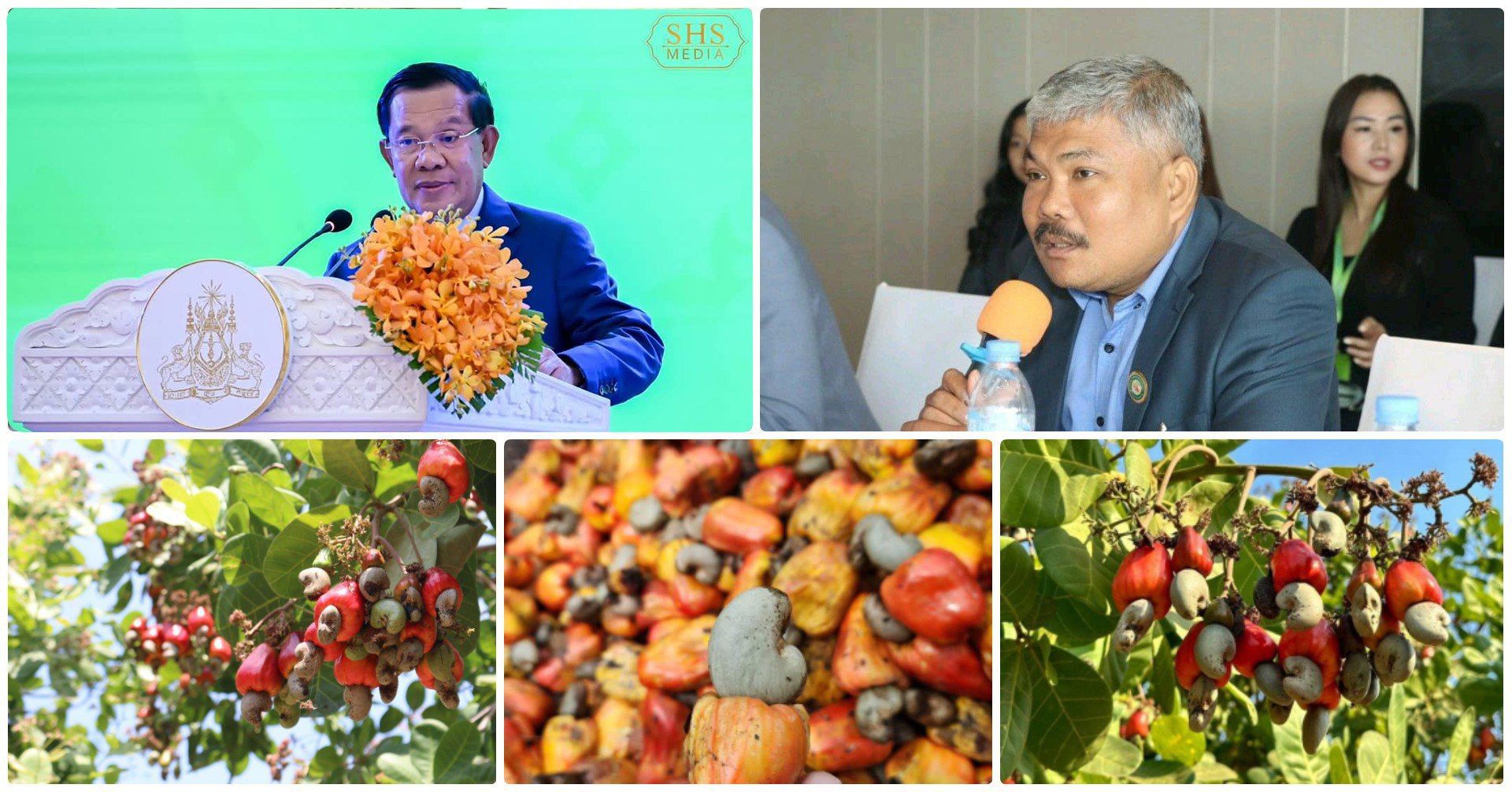
Cambodia Eyes Technological Integration
Neighboring Cambodia is also seeking to boost its processing capacity through greater adoption of automation. Silot Uon, President of the Cashew Nut Association of Cambodia (CAC), noted that while Chinese and Indian machines are already present in the Cambodian market, integrating advanced Vietnamese technology could be key to improving competitiveness.
“Cambodia must strengthen its technological base to compete in the increasingly fierce cashew industry,” Uon said.
As the global cashew sector evolves, one thing has become clear: innovation — not raw production — will determine who leads the next chapter of the industry.
Reference ADEKAMBI Adébissi Charbel

